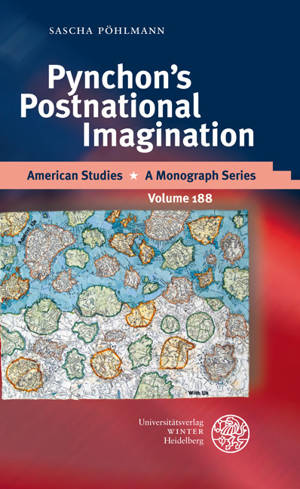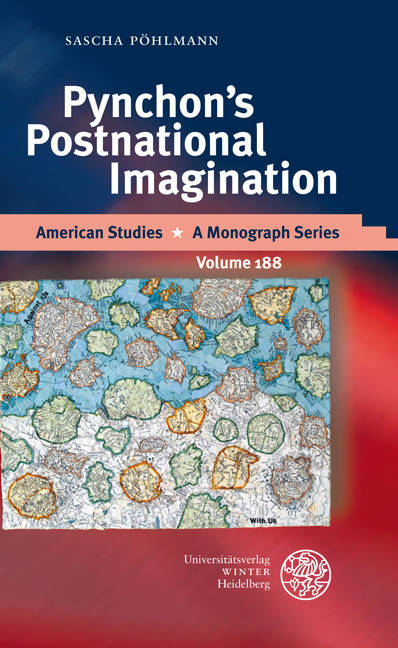
- Afhalen na 1 uur in een winkel met voorraad
- Gratis thuislevering in België vanaf € 30
- Ruim aanbod met 7 miljoen producten
- Afhalen na 1 uur in een winkel met voorraad
- Gratis thuislevering in België vanaf € 30
- Ruim aanbod met 7 miljoen producten
Zoeken
Omschrijving
'Pynchon's Postnational Imagination' is the first monograph to critically analyze Thomas Pynchon's novels with regard to issues of nations, nationality, national identity, nationalism, and the very idea of the national: nation-ness. It argues that Pynchon's fiction can best be conceptualized as "postnational", that is, as working towards dismantling the hegemony of nation-ness as a metanarrative. The study seeks to establish a critical theory of postnationalism that helps conceptualize this complex literary practice.It combines established theories of nation-ness with recent attempts to think beyond the nation, drawing on the ideas of Renan, Gellner and Anderson as well as Habermas, Albrow, Appadurai, and Hardt and Negri in order to offer a viable postnational theory that is as pertinent to literary studies as to other fields. It presents various postnational strategies, most notably that of parageography, to show in detailed critical readings of 'Gravity's Rainbow' (1973) and 'Mason & Dixon' (1997) that Pynchon's novels both exemplify and describe a postnational imagination.
Specificaties
Betrokkenen
- Auteur(s):
- Uitgeverij:
Inhoud
- Aantal bladzijden:
- 381
- Taal:
- Engels
- Reeks:
- Reeksnummer:
- nr. 188
Eigenschappen
- Productcode (EAN):
- 9783825357719
- Verschijningsdatum:
- 7/01/2010
- Uitvoering:
- Hardcover
- Formaat:
- Genaaid
- Afmetingen:
- 134 mm x 210 mm
- Gewicht:
- 3220 g

Alleen bij Standaard Boekhandel
+ 94 punten op je klantenkaart van Standaard Boekhandel
Beoordelingen
We publiceren alleen reviews die voldoen aan de voorwaarden voor reviews. Bekijk onze voorwaarden voor reviews.











